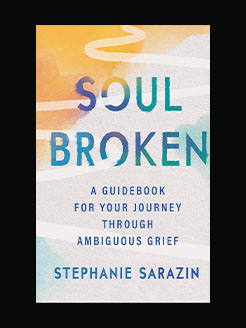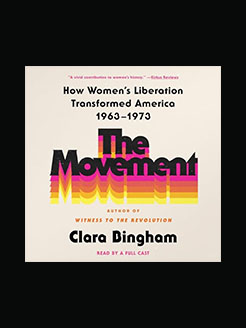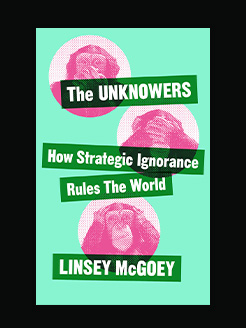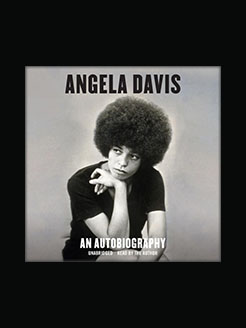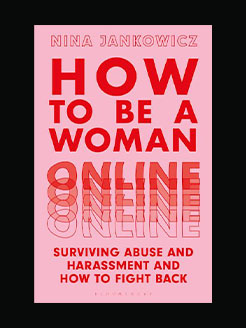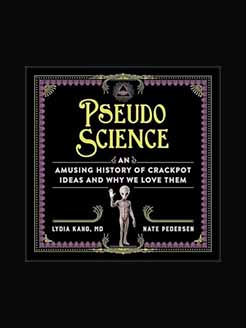Published in 2020
240 pages
Judith Butler is an American post-structuralist and feminist philosopher who has contributed to the fields of feminism, queer theory, political philosophy and ethics. She is currently a professor in the Rhetoric and Comparative Literature departments at the University of California, Berkeley.
Butler received her Ph.D. in philosophy from Yale University in 1984, for a dissertation subsequently published as Subjects of Desire: Hegelian Reflections in Twentieth-Century France. In the late-1980s she held several teaching and research appointments, and was involved in “post-structuralist” efforts within Western feminist theory to question the “presuppositional terms” of feminism.
Her research ranges from literary theory, modern philosophical fiction, feminist and sexuality studies, to 19th- and 20th-century European literature and philosophy, Kafka and loss, and mourning and war. Her most recent work focuses on Jewish philosophy and exploring pre- and post-Zionist criticisms of state violence.
What is this book about?
Judith Butler’s new book shows how an ethic of nonviolence must be connected to a broader political struggle for social equality. Further, it argues that nonviolence is often misunderstood as a passive practice that emanates from a calm region of the soul, or as an individualist ethical relation to existing forms of power. But, in fact, nonviolence is an ethical position found in the midst of the political field. An aggressive form of nonviolence accepts that hostility is part of our psychic constitution, but values ambivalence as a way of checking the conversion of aggression into violence. One contemporary challenge to a politics of nonviolence points out that there is a difference of opinion on what counts as violence and nonviolence. The distinction between them can be mobilized in the service of ratifying the state’s monopoly on violence.
Considering nonviolence as an ethical problem within a political philosophy requires a critique of individualism as well as an understanding of the psychosocial dimensions of violence. Butler draws upon Foucault, Fanon, Freud, and Benjamin to consider how the interdiction against violence fails to include lives regarded as ungrievable. By considering how “racial phantasms” inform justifications of state and administrative violence, Butler tracks how violence is often attributed to those who are most severely exposed to its lethal effects. The struggle for nonviolence is found in movements for social transformation that reframe the grievability of lives in light of social equality and whose ethical claims follow from an insight into the interdependency of life as the basis of social and political equality.
